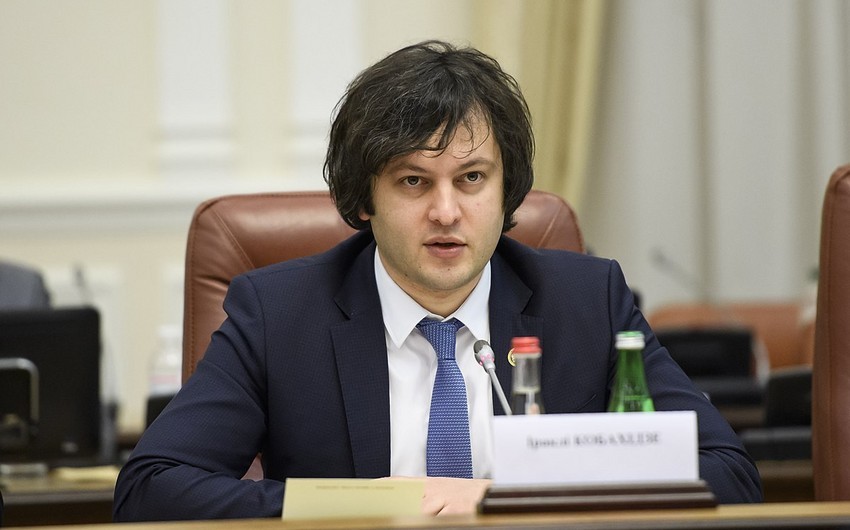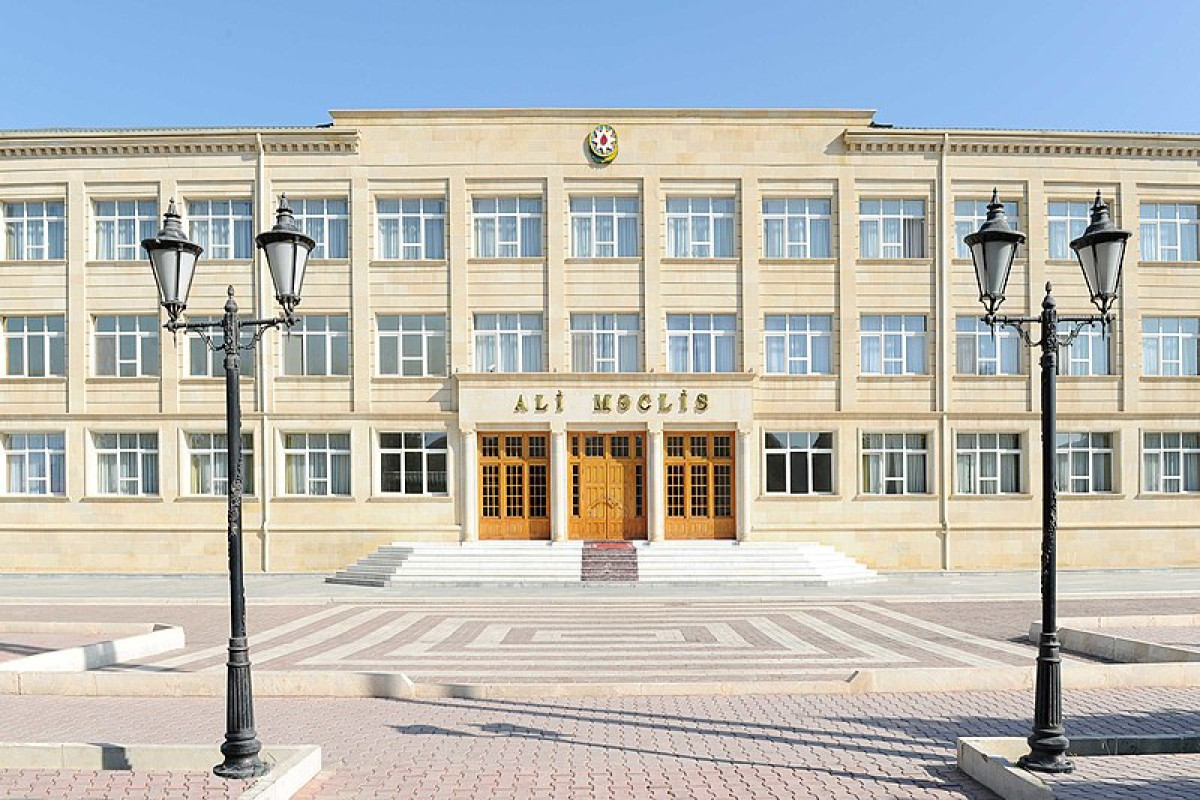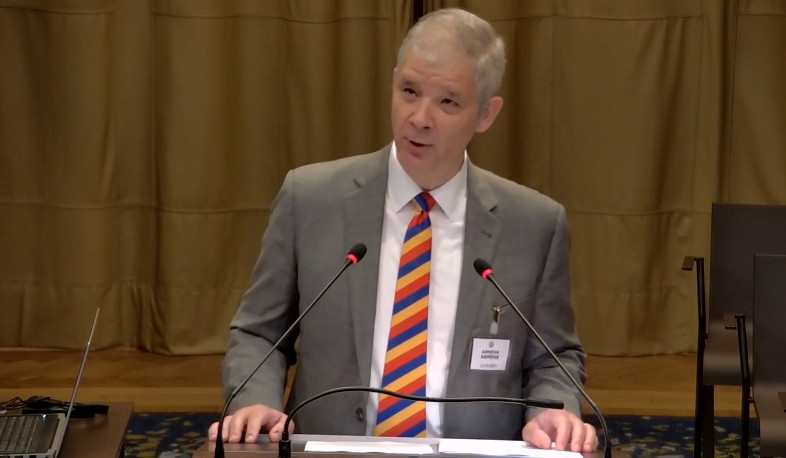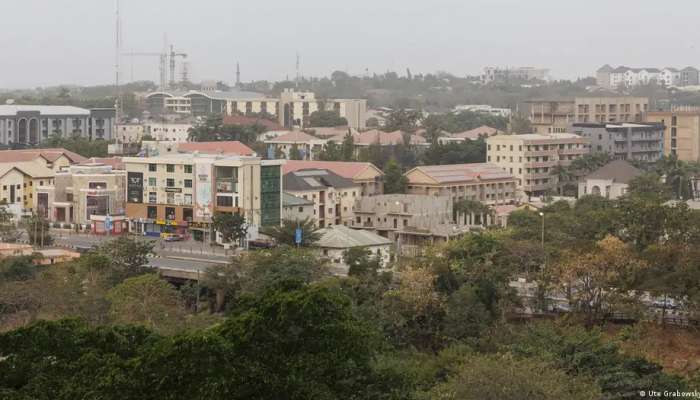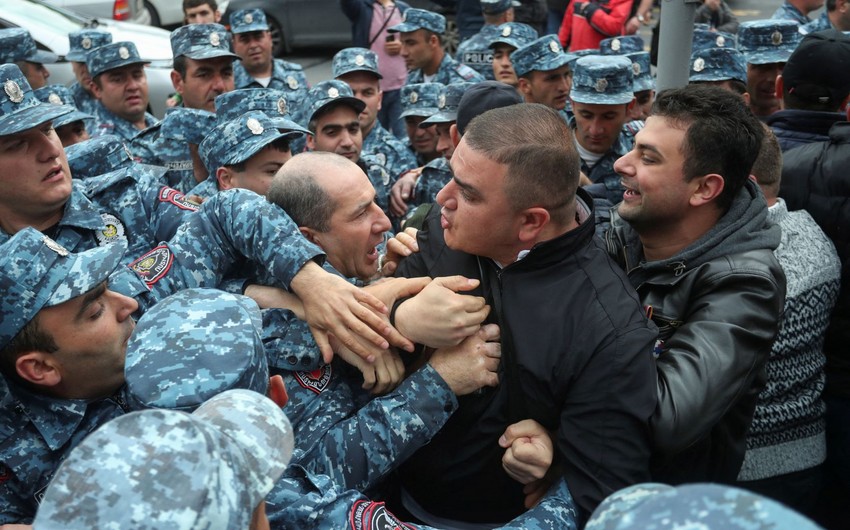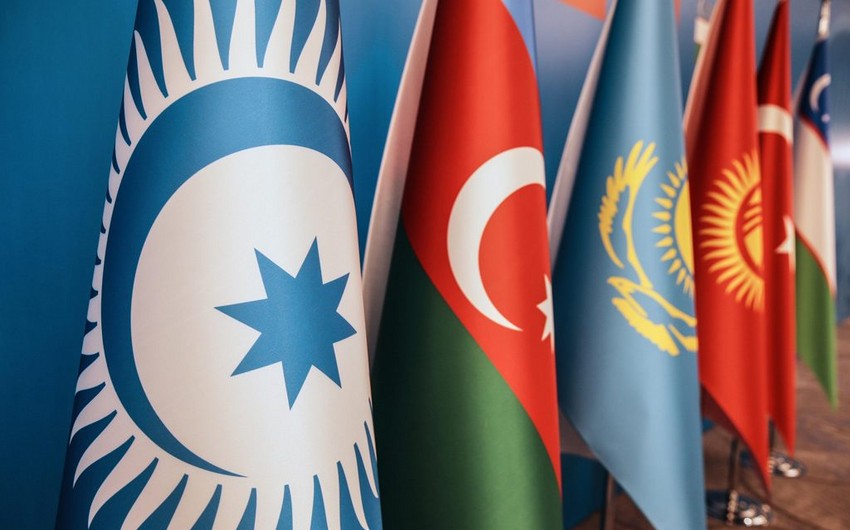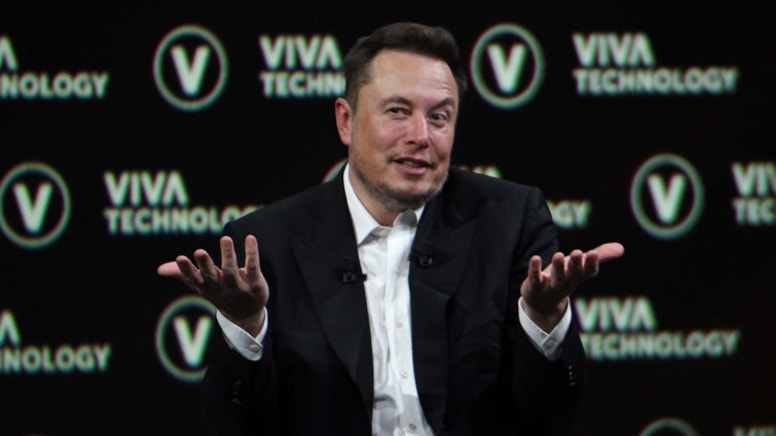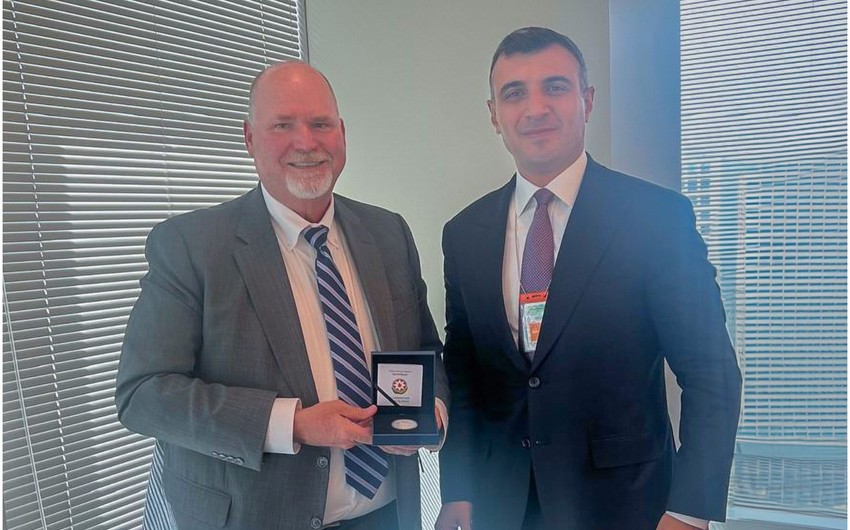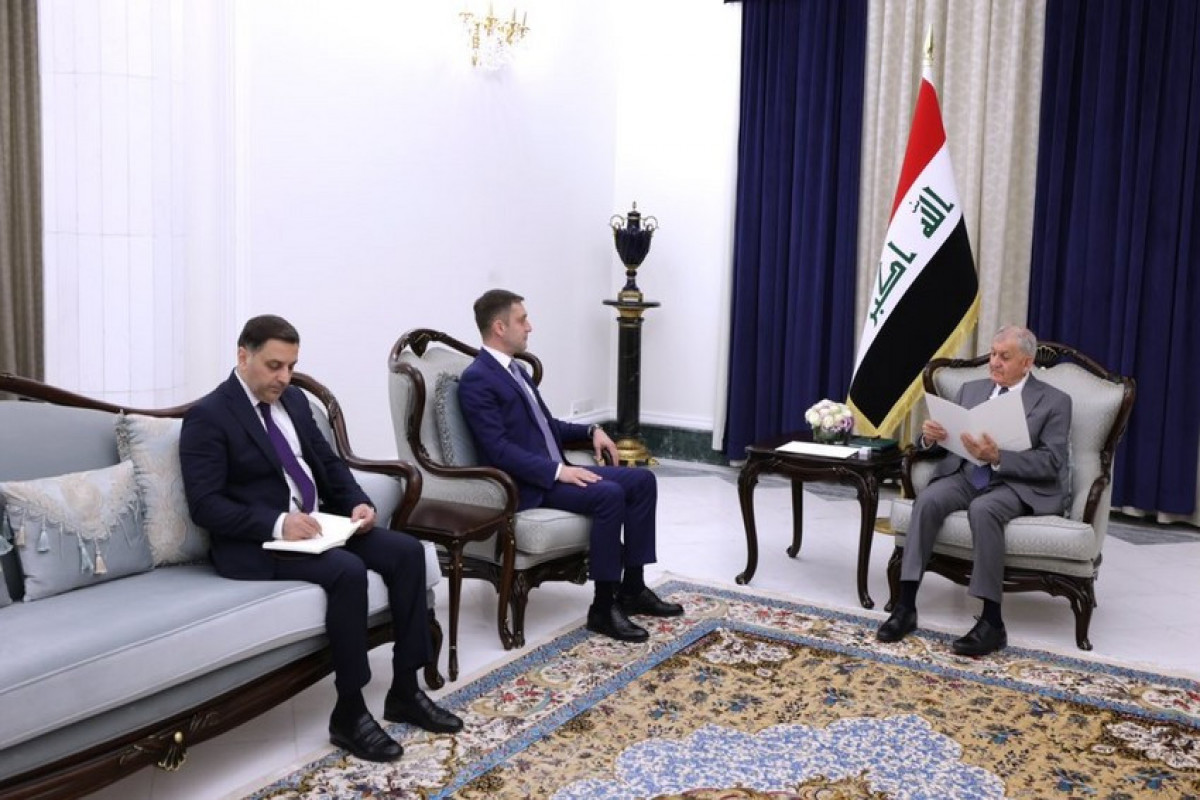Rows of world leaders seated before him, Chinese President Xi Jinping told his audience at the Boao Forum for Asia — widely recognized as the Asian Davos — in April that his megaconnectivity project, the Belt and Road Initiative (BRI), wasn’t the outcome of “geopolitical calculations.” It could work for the “greater benefit of all our peoples,” he insisted. Six months later, Xi’s sales pitch is wearing thin in his own neighborhood. From Maldivian docks to teahouses in Pakistan, conspiratorial whispers about “the Chinese” abound. And country after country in Asia is either hedging its bets or withdrawing from the project.
First unveiled in late 2013, the BRI is planned as a web of highways, railroads and ports connecting different parts of Asia with each other, and then with Europe and Africa. More than 130 countries attended the 2017 BRI Forum, where Xi tried to convince leaders to sign onto the project. But amid growing concerns over rising debts from Chinese investments under the BRI, an increasing number of Asian nations are re-evaluating their partnership under the project. A series of electoral setbacks for regional regimes that were friendly to China is further complicating the equation for Beijing.
In Malaysia, Prime Minister Mahathir Mohamad defeated Najib Razak in May with a campaign that focused on distrust of Chinese intentions and investments in the country. And on a visit to China after his election, Mohamad warned Beijing against their financing amounting to a “new version of colonialism.” Under Razak, Malaysia had agreed to a number of BRI projects, including the 430-mile East Coast Rail Link, of which $700 million of its funding allegedly was diverted to pay mismanaged 1Malaysia Development Berhad debts. There were the Multi-Product Pipeline and Trans-Sabah Gas Pipeline that, according to Malaysian Minister of Finance Lim Guan Eng, have had no construction despite $2 billion being disbursed for the projects. Lim declared a suspension on services and work for the two pipelines as well as a rail project in June.
Over in the Maldives, President Mohamed Ibrahim Solih — sworn in last month — also won a campaign that included opposition to China’s growing influence on the archipelago. And the country’s white sand beaches are littered with infrastructure projects funded by Chinese loans — including luxury resorts, a Friendship Bridge linking Malé to Hulhulé Island and a 1,000-apartment housing project built on reclaimed land. These were built under Solih’s pro-China predecessor, Abdulla Yameen.
Pakistan is one of China’s closest allies, but there too the new government of Prime Minister Imran Khan has said that it wants to take another look at some of the elements of the $62 billion China–Pakistan Economic Corridor (CPEC) that will connect Xinjiang in China to the Arabian Sea port of Gwadar in Pakistan’s troubled Balochistan province. The CPEC is the BRI’s most expensive project.
In Myanmar, meanwhile, the government, effectively led by Aung San Suu Kyi, scaled back a Chinese-funded port project in September initially priced at $7 billion.
While China denies it vehemently, some experts argue that Beijing’s aim from the start has been to entrap countries with debt they can’t repay and to then coerce them into other strategic concessions. “This is essentially an imperial project,” says Brahma Chellaney, professor of strategic studies at the New Delhi–based Centre for Policy Research. “Country after country, we’ve seen the same pattern of China using these infrastructure projects to ensnare countries in sovereignty-eroding debt traps.”
In the Maldives, says Chellaney, China was keen on building a naval base in the strategic sea-lane linking the Middle East with Asia. In 2015, the Maldivian government legalized foreign ownership of land if 70 percent of the project was on reclaimed surfaces and followed an investment of $1 billion, a move widely seen as being aimed at attracting Chinese money.
For sure, getting rid of the BRI projects and weaning oneself away from China’s influence is easier said than done for many Asian countries. Pakistan counts China as its biggest investor and trade partner, and its dependence on Beijing has only grown as relations with America have turned increasingly chilly, with the U.S. dramatically cutting down aid to Islamabad. Unlike Solih or Mohamed, Khan — a cricketer turned politician — didn’t run on an anti-China campaign, points out Andrew Small, a senior transatlantic fellow with the Asia program at the German Marshall Fund. When three suicide bombers attacked Pakistan’s consulate in Karachi and Baloch separatists claimed responsibility, Khan was quick to acknowledge that the terror strike “was intended to scare Chinese investors and undermine” the CPEC. “These terrorists will not succeed,” Khan added.
But Khan’s commerce minister, Abdul Razak Dawood, has flagged concerns over tax breaks for Chinese firms investing in CPEC as being a disadvantage to local businesses. Khan’s government, says Small, is “channeling views from different parts of [Pakistan] that said the way CPEC has been conducted has not been transparent, is too Punjab-centric and not advantageous for Pakistani business.” Punjab is Pakistan’s wealthiest and most politically influential province, and most CPEC investment has come to the state.
In other countries, China is trying to use more direct means to hold onto its influence. Soon after Solih’s win in the Maldives, his adviser Mohamed Nasheed — a former president of the country — says he was handed a handwritten note by the Chinese ambassador. It was an invoice for $3.2 billion. Although China denied this, saying the amount owed is close to $1.5 billion, the message was clear: They weren’t off the hook for the previous government’s debts. “It’s going to be difficult for the new government to turn its back on China,” says Chellaney, even if Solih pauses fresh Chinese investment. And even where Chinese allies have lost elections, they sometimes return to power. Take Sri Lanka, where the government of Prime Minister Ranil Wickremesinghe renegotiated key BRI projects after the pro-China former president Mahinda Rajapaksa was defeated in 2015. Last month, Wickremasinghe was deposed by the current president Maithripala Sirisena after they fell out. The man Sirisena has controversially appointed as prime minister in Wickremesinghe’s stead? Rajapaksa again.
Still, the shifting momentum against the BRI is clear. In 2017, India was the only country that formally boycotted Xi’s BRI Forum, citing both sovereignty concerns — the CPEC passes through disputed Kashmir — and worries over potential debt traps. Now, even small nations like the Maldives are trying to escape China’s debt grip. Solih has already petitioned India for help, and New Delhi has announced it will consider covering up to $1 billion of the Maldives’ debts to China. And in Malaysia, one of Mohamad’s first acts after coming to power was to cancel BRI projects worth $22 billion.
Not everyone blames China fully. Scott Morris, a senior fellow at the Center for Global Development, is uncomfortable with the blanket term “debt traps” for BRI lending. Most of the 65 or so countries involved with the project have sustainable levels of borrowing, he says. Sure, there are cases, such as Djibouti, where the lending amount is so high one ought to question China’s motives, he says. But for much of the others, China’s “not motivated to lose money.”
But Morris believes China understands it needs some rebranding to get around the concerns the BRI has triggered. “One test of Belt and Road going forward is the degree to which it continues to be called Belt and Road,” he says. Financing may continue, but it may be named differently. Those on the road will then need to decide whether they’re willing to buy it.

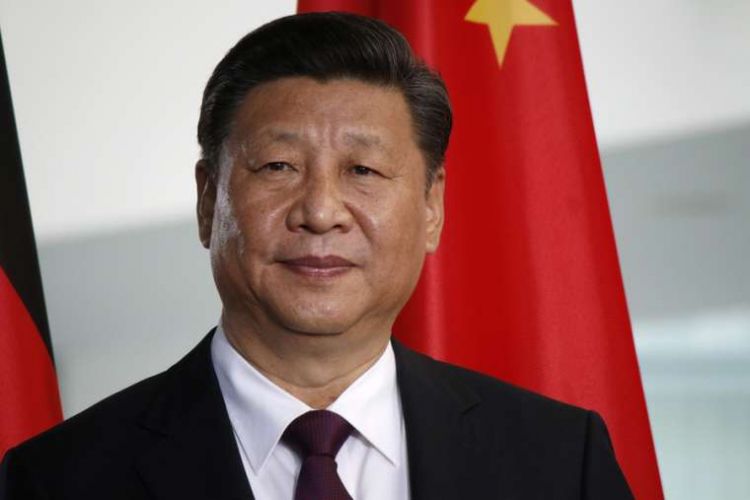
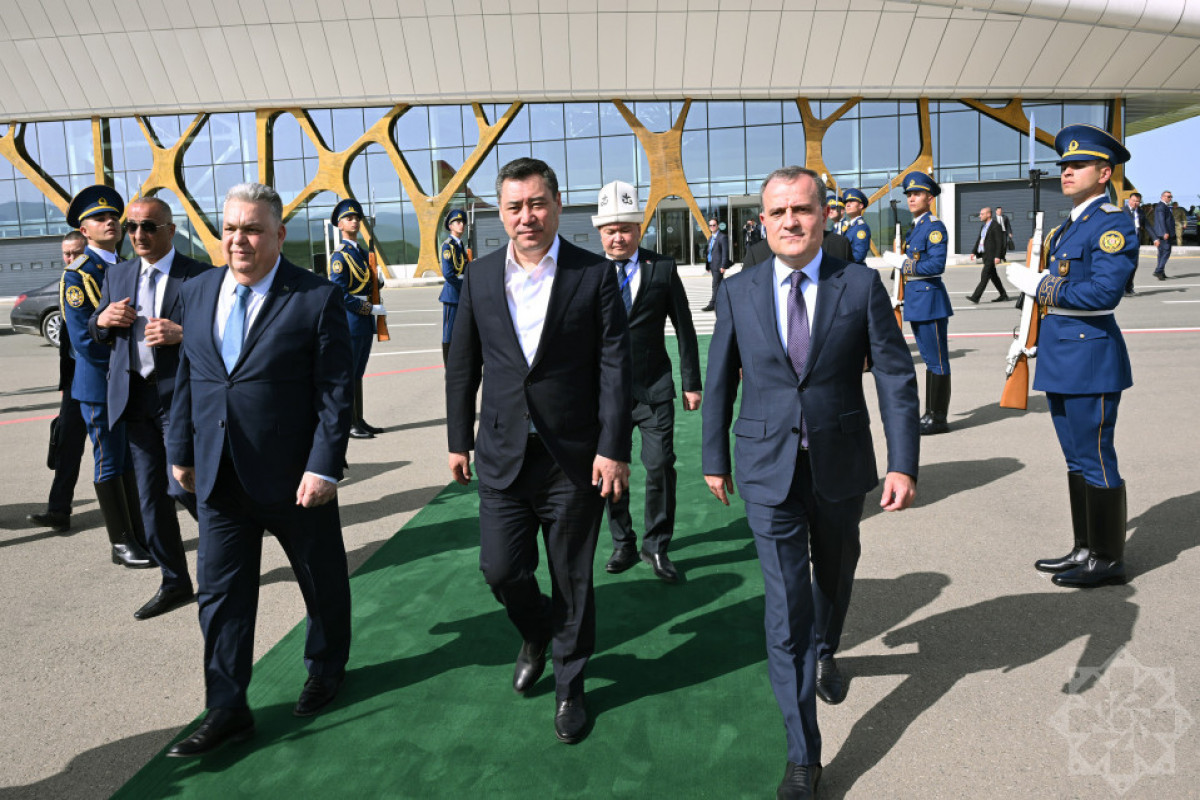
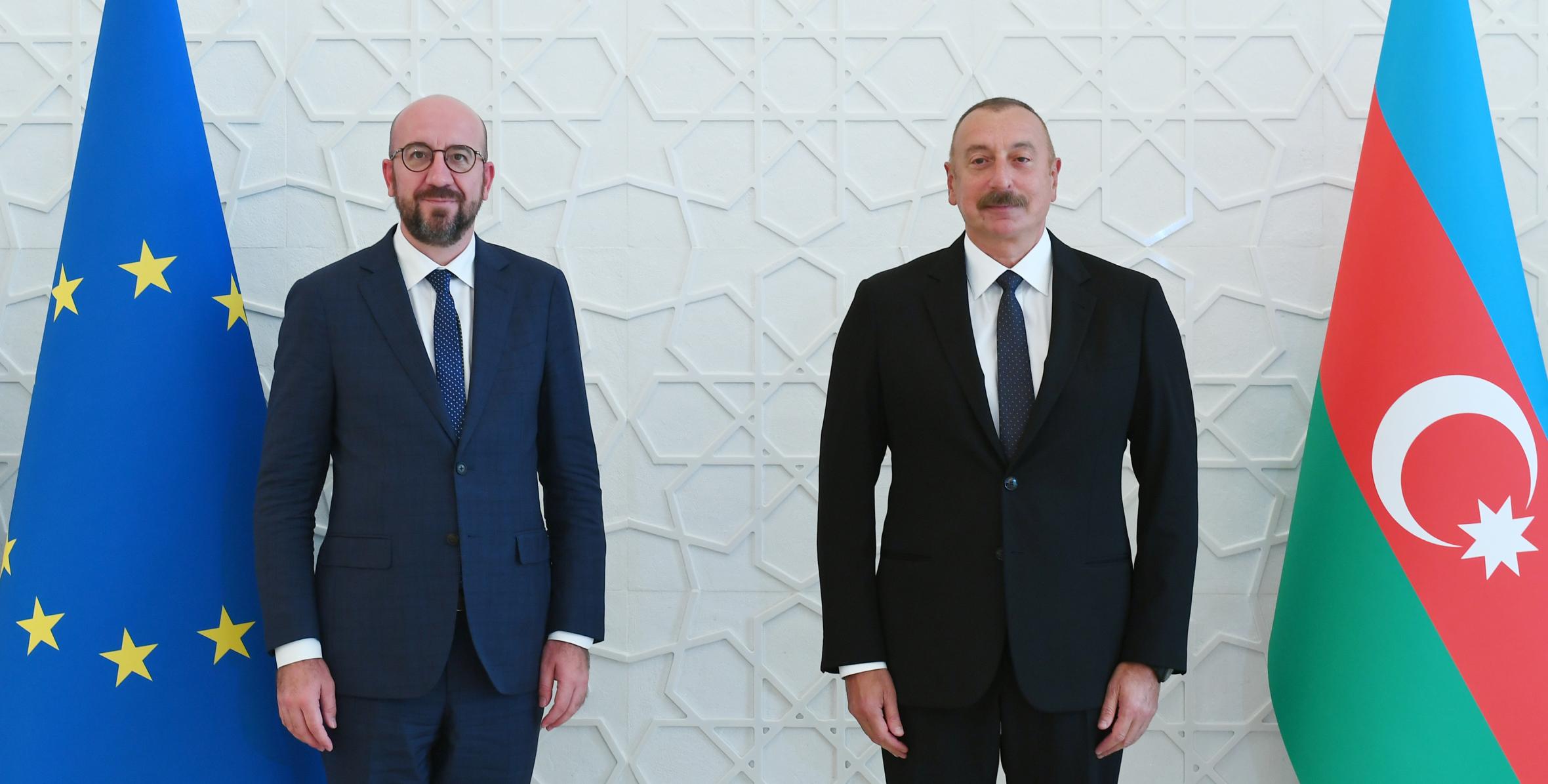

.jpg)
